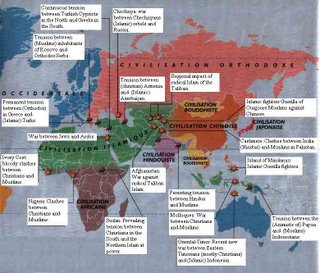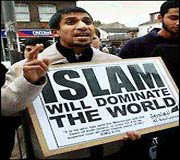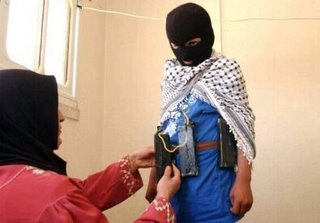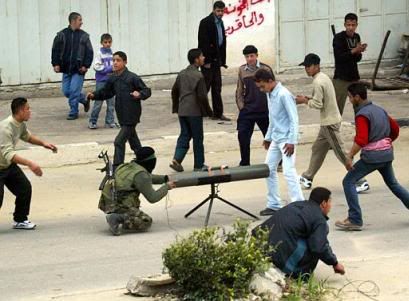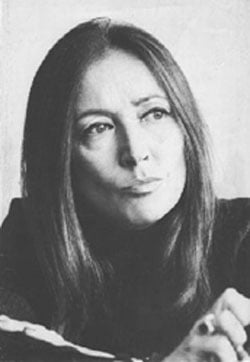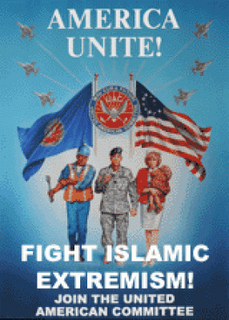Monday, February 19, 2007
Infidel; Murder In Amsterdam; In The Name of Honour; Shame
http://www.smh.com.au/news/book-reviews/infidel-murder-in-amsterdam-in-the-name-of-honour-shame/2007/02/16/1171405429624.html
affecting the lives of hundreds of millions of women.

Ayaan Hirsi Ali
WE ARE TOLD we are living through a clash of civilisations, a
clash between militant Islam and the infidels.
This is only the surface tension. There is a clash of
civilisations, but the deeper cause is not religion. It is sex. A
great cultural struggle is being waged about and around the rights
of women.
This month, three books by three women describe the violent
suppression that affected not just their own lives but the lives of
hundreds of millions of women like them.
For years, Ayaan Hirsi Ali, the author of Infidel, was
a devout Muslim. She does not spare the gritty details of her life.
As a girl in Somalia, she had her clitoris removed to make her
"pure". Her clitoris and labia were cut off with scissors while she
screamed. The wound was sown up to form a thick band of scar
tissue, a natural chastity belt. She describes her wedding night,
her divorce, then the arranged marriage to a man she despised, and
her escape to Europe, bringing shame and infamy to her family and
clan.
In Holland, she began to ask awkward questions: "This was an
infidel country. Why was it, then, so much better run, better led,
and made for such better lives than the places we came from?
Shouldn't the places where Allah was worshipped and His laws obeyed
have been at peace and wealthy, the unbelievers' countries
ignorant, poor and at war?"
Working as a translator, she finds herself in women's shelters
largely full of Muslim women and police stations largely full of
Muslim men. After a decade, she concluded the host society was not
the problem: "If Muslims lagged so far behind even other immigrant
groups, then wasn't it possible that one of the reasons could be
Islam? Islam influences every aspect of believers' lives. Women are
denied their social and economic rights in the name of Islam, and
ignorant women bring up ignorant children."
After graduating in political science from the elite Leiden
University, she begins to speak out against the domestic tyranny
imported from the Muslim world. As a beautiful black Muslim willing
to criticise Islam and Muslims, she is singular in Holland. She
becomes a media favourite, then a political favourite, then a
member of parliament. The next chapter in her life is well known.
In 2004, after writing the script for a TV film critical of Islam's
treatment of women, the filmmaker, Theo van Gogh, was butchered in
the street by an Islamic fundamentalist. Police swooped in to spare
Hirsi Ali the same fate.
The story of van Gogh's murder is also examined by Ian Buruma in
Murder In Amsterdam. Buruma, an accomplished journalist
and native Dutch speaker, provides a more detached, deeper and
measured version of this story than Infidel. Like Hirsi
Ali, he recognises that not long ago Europe itself was locked in
the grip of religious and male dominance. "Few people in Holland
remember how recently emancipation of women came to the Dutch, or
to other Europeans for that matter."
Like many liberals, Buruma is so concerned with being fair to
the poor and the marginalised that he understates, even patronises,
the desire for social cohesion by the native Dutch population. His
depictions of Dutch nationalists are often patronising. He compares
Hirsi Ali with Margaret Thatcher.
Yet Buruma never adequately confronts or undermines her most
provocative assertion, that the majority of Muslims in Holland have
failed to integrate as have other immigrants because they don't
want to integrate, because they are more racist and insular than
the host society.
Hirsi Ali is not the only furious woman who risked her life and
caused an international sensation in confronting sexual hypocrisy
in Muslim society. In In The Name Of Honour, Mukhtar Mai
tells a simple story that is Shakespearean in its melodrama and
sweeping implications. Mai was living in the village of Meerwala,
in southern Punjab, when she was gang-raped on the orders of a
village council on June 22, 2002. It was "honour justice" imposed
as punishment for a patently trumped-up charge against Mai's
younger brother, who had been accused of sexual impropriety with a
woman from a higher caste, and powerful clan, in the district.
"I will never forget the faces of those animals," Mai says of
her rapists. "They don't even need to use their weapons. Rape kills
her. Rape is the ultimate weapon: it shames the other clan for
ever."
Instead of committing suicide, the normal practice, she goes to
the police and names her rapists. Her memoir is her journey through
the justice system, the attempt by the police to cover up the
crime, the media intervention, the threats to her life, the
subsequent rape trial. "In order to fight, it seems that I must
lose everything: my reputation, my honour, everything that was once
my life. But that's not important. I want justice."
Her voice is channelled through a French writer, Marie-Therese
Cuny, whose name does not appear on the cover but who is
ever-present as she turns Mai's pain into prose and her statements
into drama.
A fourth book, Shame, by Jasvinder Sanghera, is no
literary work but has the authority of personal witness and pain.
It supports the argument put by Ayaan Hirsi Ali and Mukhtar Mai
that tens of millions of Asian and Muslim women suffer an invisible
fate of fear, violence, submission and confinement, even in Europe.
Shame also supports Hirsi Ali's claim that immigrants
bring racism with them: "The worst thing that you can say to an
Asian girl is that she is behaving like a white person".
Sanghera is not Muslim. Her family is Sikh, from India. They
lived in a quintessentially English address, Northumberland Street,
Derby, but five of the six daughters were forced into arranged
marriages that proved variously disastrous.
Only Jasvinder escaped because she ran away at 16: "The
photograph of the man I was supposed to marry was on the
mantelpiece," she writes. "He was ugly as well as short, he looked
much older than me and he had a stupid haircut."
Her sister, Robina, trapped in a violent marriage, commits
suicide by burning herself to death, the fate of countless Asian
wives. "If Robina had only ... found the courage to reach out and
embrace the culture of the country she was born in, she needn't
have died ... I knew there were other women like me and Robina. I
see them every day in Derby, scuttling about like shadows."
Sanghera graduates from university and opens a centre for abused
Asian women, Karma Nirvana. The women come, bringing the now
familiar stories of forced marriage, rape, shame, violence and
abandonment.
In Pakistan, Mukhtar Mai has used her compensation payment and
donations from abroad to build a school for girls in her village, a
drop in the bucket of illiteracy. In Washington, where Ayaan Hirsi
Ali has gone into exile, she is a fellow at the American Enterprise
Institute where she will continue to write and speak about the
conditions of Muslim women. "There are times when silence becomes
an accomplice to injustice," she writes in Infidel. No one can ever
say we were not told.
Labels: honor killing, honour, honour killing, infidels, Islamic encouragement of Rape, muslims, Oppression, Rape, sex, sex crimes, Women

